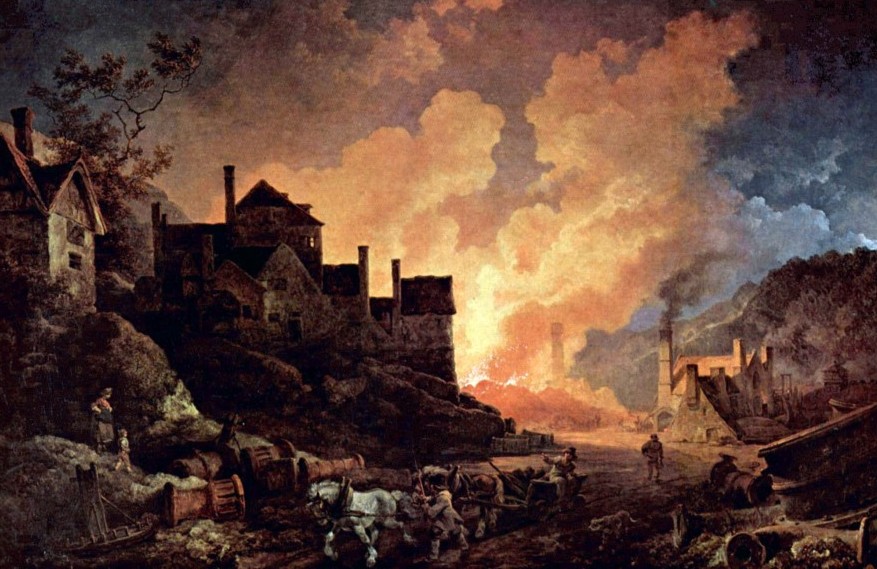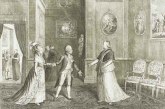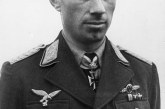
The methods of pig iron production in blast furnaces employed by Abraham Darby I allowed that metal to be mass produced. This laid the foundations for the Industrial Revolution.
This day in 1717 marked the death of Abraham Darby I, one of the people without whom the beginning of the Industrial Revolution would have been impossible. Namely, he was the first man in England who started to produce large quantities of pig iron in blast furnaces fueled by coke. This was an important innovation, because it allowed the mass production of pig iron, which was necessary for the Industrial Revolution.
In England before the time of Abraham Darby I, pig iron was produced in blast furnaces fueled by charcoal. However, as the forests were cut down, wood became rarer and more expensive. Had the English kept using exclusively charcoal, the volume of pig iron production would have remained tired to the rate the forests were replenished. On the other hand, coke was produced from coal dug from the earth – the quantities involved here were potentially truly large. Namely, coke is produced similarly to charcoal (destructive distillation), but the process uses fossil coal instead of wood. In addition, coke has other characteristics that make it better for pig iron production than charcoal.
Abraham Darby I opened the first coke-fueled furnace in Coalbrookdale near Birmingham. It was precisely in this general area that the First Industrial Revolution, based on steam engines, began. Namely, Birmingham was also the workplace of the famous James Watt, and easy access to pig iron was one of the key preconditions for the production of steam engines.
It is interesting that Abraham Darby I was a Quaker by faith. He was succeeded by his son, Abraham Darby II, and then by his grandson, Abraham Darby III. All three generations were involved in the iron industry. Abraham Darby III was roughly the contemporary of James Watt, and produced metal parts for the famous Iron Bridge near Birmingham – the largest cast-iron structure in the world at that time (it was completed before the French Revolution and was the first bridge of that type in the entire world).




